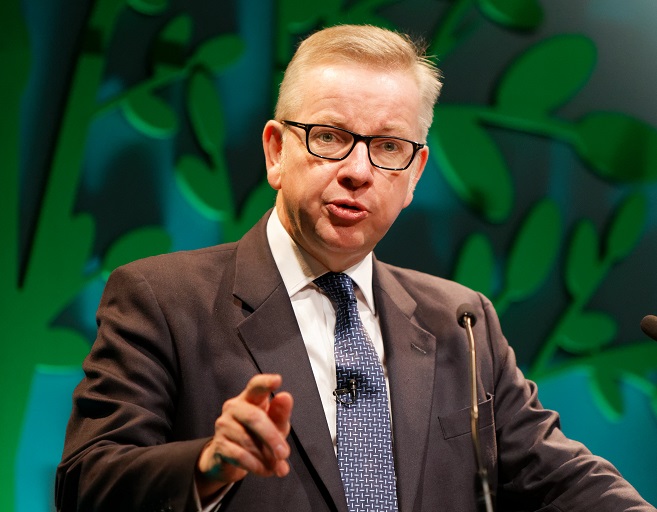Tackling ammonia emissions from farms are part of a new suite of measures designed to make the air cleaner in the UK, announced by environment secretary Michael Gove.
In its Clean Air Strategy, Defra said it would take action to reduce air pollution from agriculture which is responsible for 88% of ammonia emissions by:
- supporting farmers to invest in infrastructure and equipment to reduce emissions
- introducing regulations to require farmers to use low emission farming techniques
- introducing regulations to minimise pollution from fertiliser use
The government said it would provide farmers with “the support they need to make these important changes”. In September 2018 the government launched a new £3 million programme through the Catchment Sensitive Farming (CSF) partnership to fund a team of specialists who work with farmers and landowners in priority areas to provide training events, tailored advice, individual farm visits and support with grant applications.
The government said the measures would be linked to the new agriculture bill, which sets out how future financial support for the farming sector will be focussed on delivering improvements to the environment. “We propose that a future environmental land management system should fund targeted action to protect habitats impacted by ammonia,” the Defra document said.
The government will shortly bring forward an Environment (Principles and Governance) Bill which will include primary legislation on air quality, last updated in the historic Clean Air Act of 1993.
Air pollution is one of the biggest threats to public health in the UK – behind only cancer, obesity and heart disease – and the measures set out in the Clean Air Strategy will cut the costs of air pollution to society by £1.7 billion every year by 2020, rising to £5.3 billion every year from 2030.


